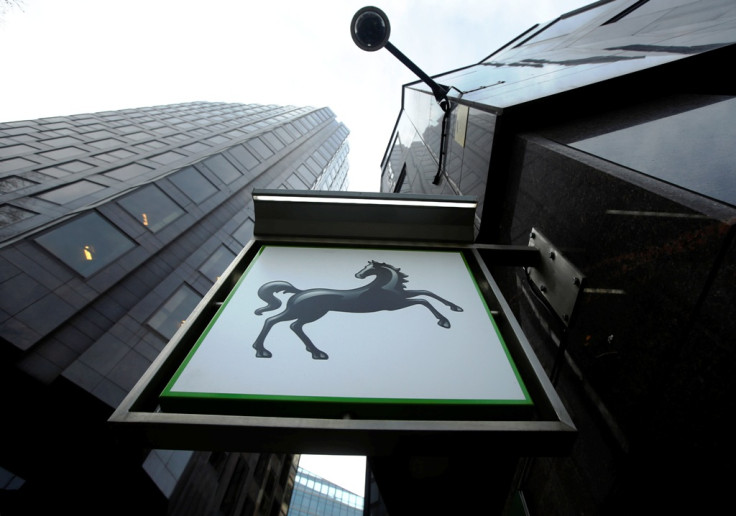George Osborne continues sale of Lloyds bank stake to reduce debt

The UK government sold off yet more of its stake in Lloyds British retail and commercial bank on Monday 3 August in an effort to reduce the country's debt.
In December 2014 the government began selling off its stake in the bank. Monday's sell off marks near completion of the sale. The government has now raised £14bn (€19.9bn, $21.8bn) from the sale of its portion of the bank and owns less than 14% of it.
"I am determined to build on this success, and to continue to return Lloyds to the private sector and reduce our national debt," said chancellor George Osborne. The full sale will be complete before 31 December 2015 and is being done gradually.
In 2008 when the bank was bailed out with £20bn in taxpayer money, the public sector held a 43% interest in the bank.
Osborne has struggled to reduce the country's debt and the £14bn sale will go toward paying down the UK's £1.5tr debt — which amounts to roughly 81.5% of the country's GDP. Since June 2014 the debt grew £77.4bn, or 5.4% than what was owed the previous year.
The new numbers were released by the Office for National Statistics on 21 July and show that government spending has been on the rise. In 2007 the UK's debt to GDP ratio was just 43.7%. By 2013 it had risen to 90.6% of GDP.
On news of the sale on Monday shares of Lloyds Banking Group gained 0.93% in value.
The sale of the government's publicly held shares in the Royal Bank of Scotland has drawn criticism in recent months since £45.5bn in taxpayer money was used to bail out the bank in 2008.
The coming sale of the government's 80% stake in RBS has raised eyebrows since institutional investors will get first dibs on buying shares in the bank before it becomes open to the public. The bank's value today is just £23bn, half of the £45.5bn the public spent to bail it out. So any sale at this time will come at a loss to the taxpayer.
The UK's remaining 15% interest in Royal Mail was sold at a discount in early 2015. A report said the government undervalued the firm in its initial round of sales by £180m.
Shadow cancellor Chris Leslie MP has criticised the sale of these national assets, saying the government should put effort into public spending that would "raise productivity" rather than pay down the debt.
© Copyright IBTimes 2025. All rights reserved.





















